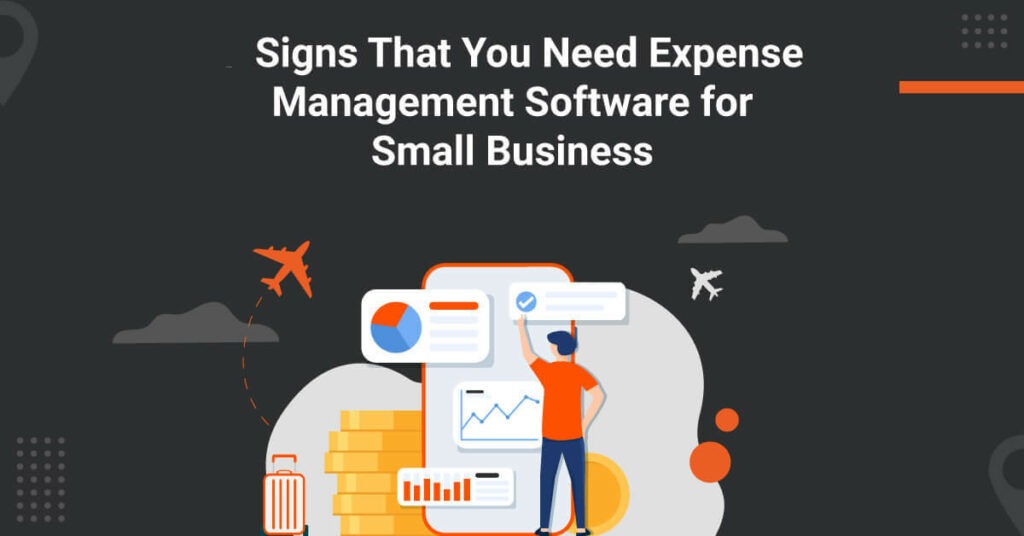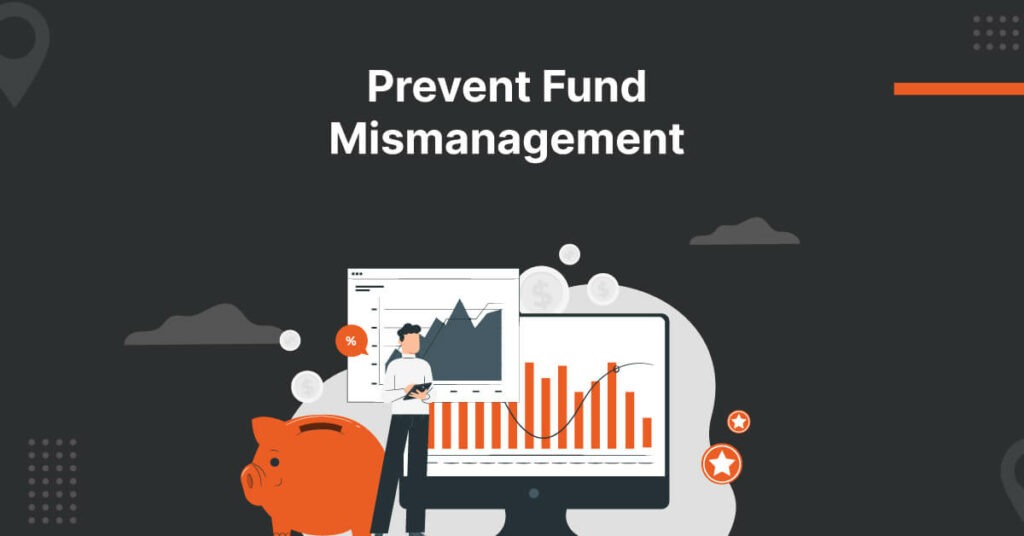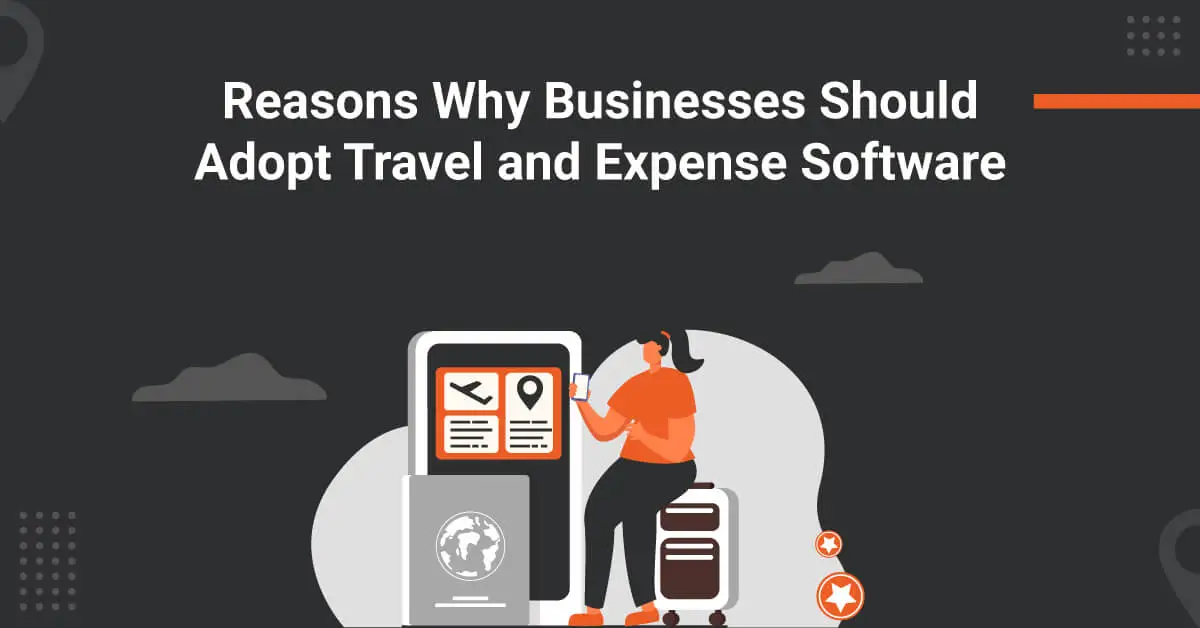
Traveling demands significant expense planning to ensure a seamless and enjoyable experience. Whether you’re embarking on a leisurely vacation, a business trip, or an adventure to explore new cultures, meticulous financial preparation is essential to prevent budgetary surprises and make the most of your journey.
However, hidden travel expenses can quickly turn your dream vacation into a budgetary nightmare. In this blog, we’ll uncover some common hidden travel expenses and provide practical tips on how to avoid them. By staying vigilant and planning, you can ensure your trip is enjoyable and affordable.
Listed below are some categories that may have hidden travel expenses.
1. Transportation Expenses
Baggage Fees
Airlines often charge additional fees for checked baggage, oversized items, or exceeding weight limits.
Solution: Check the airline’s baggage policies before booking. Pack efficiently and consider traveling with carry-on luggage to avoid extra charges.
Seat Selection Fees
Some airlines charge fees for selecting specific seats, especially those with extra legroom or other amenities.
Solution: Opt for free seat assignments during online check-in, or choose airlines with seat selection in ticket prices.
2. Dining Expenses
Grappling with Gratuities
Tipping is customary in many places, but the percentage can vary. It’s important to understand local norms to avoid over-tipping.
Solution: Research tipping customs before traveling. Use apps to calculate appropriate tips and observe local patrons for cues on appropriate tipping behavior.
Navigating Mandatory Service Charges
Some restaurants automatically include service charges, especially in tourist areas. Travelers may inadvertently double-tip if they are not aware of these charges.
Solution: Examine bills closely. If a service charge is included, additional tipping might not be necessary. Research beforehand to know if service charges are common in the destination.
3. Accommodation Costs
Amenities Fee
Some hotels charge additional fees for amenities like pool access, gym facilities, or even local telephone calls, which are not always included in the initial room rate.
Solution: Research whether the hotel imposes resort fees. Read online reviews and hotel policies to identify potential additional charges.
Cancellation Fees
Some bookings have hidden travel expenses in the form of cancellation fees, particularly for discounted or non-refundable rates.
Solution: Carefully read the cancellation policy during the booking process. Choose flexible rates when possible, or consider travel insurance that covers cancellations. You can also call or email the hotel about hidden travel expenses. Speaking directly with hotel staff can offer clarity on additional charges.
4. Currency Exchange and Banking Fees
Exchange Rates
Unfavorable exchange rates can significantly diminish the value of your money when converting it into another currency. This means you receive less foreign currency for each unit of your currency.
Solution: Watch exchange rates before your trip and consider exchanging money when rates are favorable. Consider using financial tools that allow you to lock in rates in advance.
ATM and Credit Card Fees
When using ATMs or credit cards abroad, hidden charges such as foreign transaction fees, currency conversion fees, and ATM withdrawal fees can accumulate, making each transaction more expensive.
Solution: Be aware of the fees associated with your specific cards and choose those with lower or waived fees for international transactions.
5. Travel Insurance
Pre-Existing Conditions
Some policies may exclude coverage for pre-existing medical conditions.
Solution: Disclose all pre-existing conditions when purchasing insurance. Look for policies that provide coverage or offer options for pre-existing conditions.
Documented Evidence Requirement
Some claims may require extensive documentation, and failure to provide it can lead to denied claims.
Solution: Record all relevant documents, receipts, and reports thoroughly. Understand the claim process beforehand.
6. Unexpected Travel Costs
Contingency Budgeting
Unexpected travel costs can arise during travel, such as medical emergencies, unexpected transportation changes, or unforeseen accommodation issues.
Solution: A contingency budget acts as a financial safety net, providing the flexibility to cover unexpected travel costs without disrupting the overall travel budget.
7. Local Taxes and Fees
Hidden Local Taxes and Fees on Hotel Bills
Hotel bills often include additional taxes and fees that are not always transparent to travelers. These can include occupancy taxes, resort fees, and service charges.
Solution: Scrutinize the hotel bill and inquire about specific charges. Understand the breakdown to identify and address any hidden fees.
8. Event and Peak Season Surcharges
Seasonal Price Increases
Prices for accommodations, flights, and attractions often surge during peak travel seasons, including holidays, school breaks, and favorable weather conditions.
Solution: Understand the patterns of peak travel seasons for your desired destination and be aware of the potential price increases during these times.
Event-Specific Charges
Special events, festivals, or large conferences can increase prices for accommodations, transportation, and even entrance fees to attractions.
Solution: Recognize costs during such events may be higher and plan accordingly to avoid surprises.
9. Souvenir and Shopping Overruns
The allure of unique souvenirs, local crafts, and novel items can lead to impulse buying during travel, often resulting in exceeding the planned budget.
Solution: Recognize the factors contributing to impulse buying and develop strategies to curb spontaneous spending.
10. Tourist Tax
When traveling to certain destinations, you may encounter tourist taxes, also known as visitor levies or local fees. These charges are typically imposed by local governments or tourism boards to fund infrastructure development, maintenance, and other services that benefit tourists.
Solution: Before embarking on your journey, research the tourist taxes applicable to your destination. Government tourism websites, travel forums, or your accommodation provider’s website can provide this information.
If using a travel agency or tour operator, inquire about any potential tourist taxes associated with the itinerary. They may provide insights into local fees. Contact local tourism offices or government authorities for the most up-to-date information on tourist taxes. They can provide details on rates and how the taxes contribute to the local community.
Final Thoughts
As travelers, we embark not just on a physical journey but also on a financial one. The strategies outlined in this blog form a comprehensive toolkit for the modern traveler to prevent hidden travel expenses
You can also leverage corporate travel management software to make your trip more efficient. ITILITE boasts an intuitive interface that transforms the often cumbersome task of trip planning into a breeze.
For corporate travelers, ITILITE is your indispensable ally. Streamline corporate travel processes, manage approvals, and ensure compliance with company policies, all while optimizing costs and enhancing the overall travel experience for your team.
To know more about our platform’s benefits, book a free demo with us.













